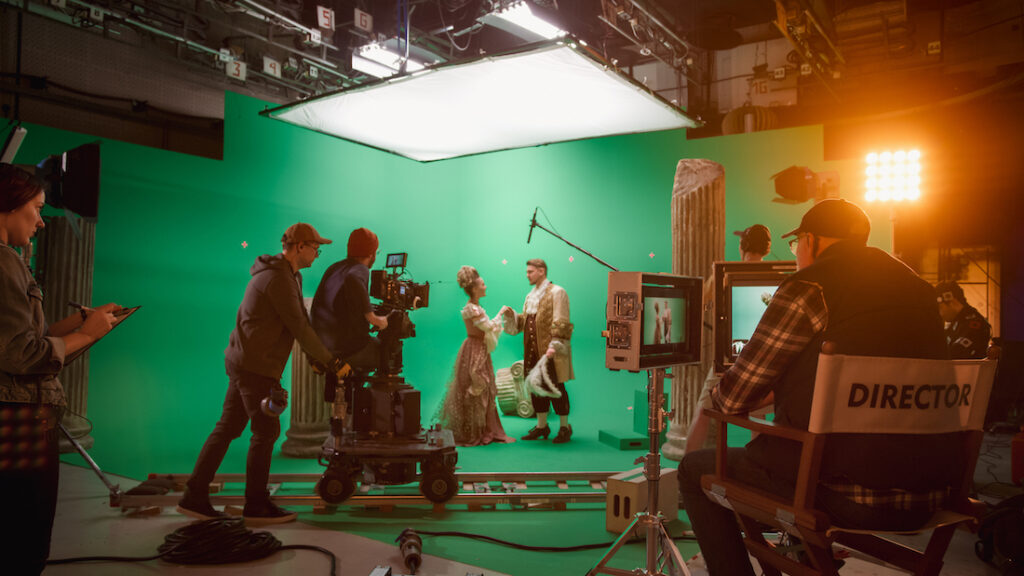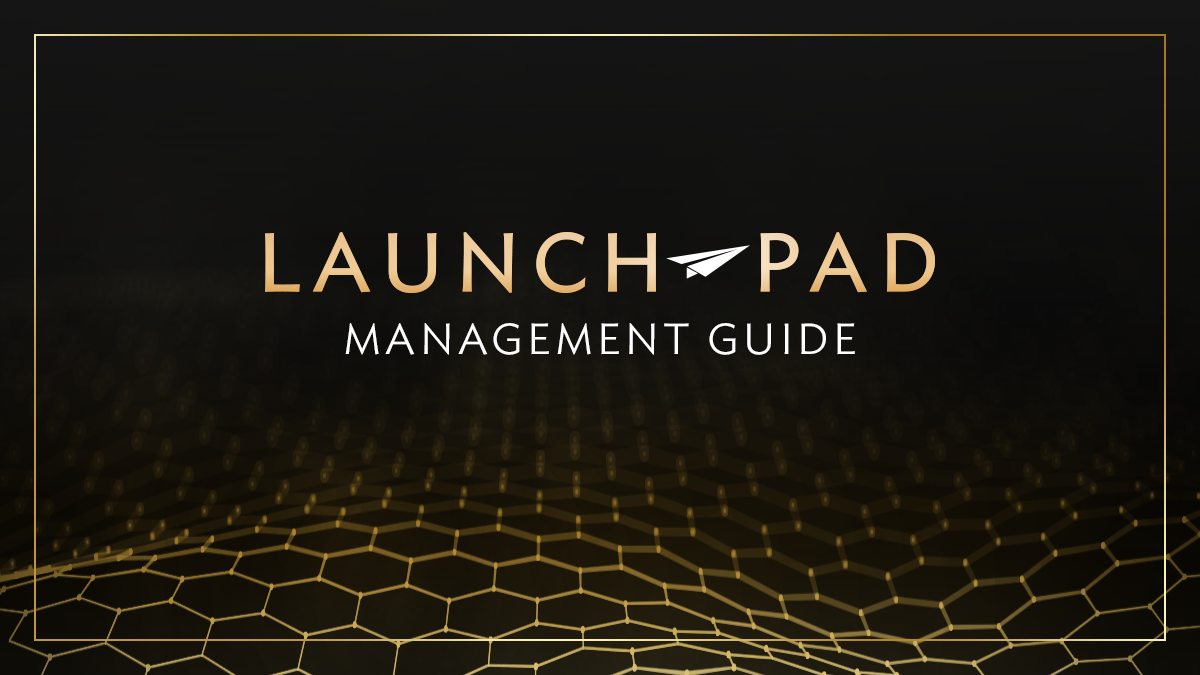
Launch Pad has partnered with Coverfly to speak with Partner and Literary Manager of World Builder Entertainment Marc Manus. After attending USC Film School, the award-winning photojournalist began working in the entertainment management field, assisting clients such as Quentin Tarantino. Today, Manus guides filmmakers from around the globe who have film and television projects at the major studios, TV networks and streamers.
Check out our interview in which we ask Marc what his ideal client looks like, how to go from spec screenplay to career screenwriter, and why connecting with your material matters. Then, continue on for our favorite takeaways.
And if you have a feature screenplay you’ve been working on, you can submit it to Launch Pad’s Feature Screenwriting Competition.
Be Amazing at Your Job
When asked about the most important thing a writer needs to do, Marc Manus says, “Write well! That seems very simple, right? It’s not a meritocracy – surprise!” What he means is that not every good writer will make a career as a screenwriter because this business is so competitive. It can take 10 years of pounding the pavement. There is also plenty of hard work and grunt tasks involved. So make sure that when you ask a manager to read your work, you’ve taken the time to fully develop your characters with meaningful arcs, have a flawless story structure and edit the screenplay for typos and errors.
Be Open to Collaborating
Control freaks need not apply for screenwriting positions! Compromise is the name of the Hollywood game. “This is a collaborative business – it may not seem that way at the moment [due to the writers’ strike], but generally speaking when all is well in the kingdom, it’s very much a collaborative business,” says Marc Manus. Listen to other people’s ideas and take them seriously. It could mean the difference between a project getting greenlit, passed on or put on the back burner.

Constantly Generate New Ideas
If a writer is stuck on one or two ideas (or one way of executing those ideas), they will quickly hit a wall. They must be open to new concepts, new genres and new mediums. “Diversification is a huge thing these days,” says Manus. “My clients are largely multi-hyphenates. 70 to 80% of my writers also direct or they are writing in a multitude of media. Playwrights, published book authors, short story writers, podcasts – I think that’s where things are going so it’s something that I encourage.” He adds that writers are creators and should be prepared for that creativity to take many different forms.
Most Importantly: Don’t Be an Asshole
Manus says to always be professional and go the extra mile when it comes to your work – even with query letters.
“If you want me to read your query, spell my name right. It’s obvious when there’s a cut-and-paste and I know they literally sent it to 350 managers. It’s going to take a lot more time and energy to personalize that query, but I think it’s really important. Know the person you are querying,” Manus says, adding, “I also want to know who you are – the inverse of that. Lead with things like, ‘I placed in contests,’ or ‘I went to film school,’ or maybe you have an interesting profession like a doctor or you’re a journalist-turned-writer. Those things will get my attention and so will interesting loglines.”
Read More: How Do I Write a Query Letter Literary Reps Will Be Excited By?

Fully Develop Your Logline and Make Sure it’s Fresh
Writing a captivating logline isn’t easy but it’s essential – especially if you’re looking for representation. Your logline is a calling card for your creative mind. “Ideation is relatively easy, we all have a hundred of them a day. But when you’re talking about story, don’t stop at the first exit,” says Manus. “I see a lot of loglines where they’re just every ‘90s thriller I’ve ever seen! You’re just giving me something I’ve seen before. So be more thoughtful about the ideas you’re generating and make sure they are soundproof. A strong logline or elevator pitch will get our attention. Make sure you’re developing that idea so it is bulletproof.”

We’re in a Strike – Use This Time Wisely
Manus wants to make clear that the stakes of the current writers’ strike are high and should be taken very seriously. But it’s also a time to regroup if your career has stalled or a chance to prepare to hit the ground running when the strike is over. “[The WGA strike] gives you a little bit of time. You don’t have that daily checking in or the pressure to deliver something – that is on hold for a moment. Now is the time to explore — for all of you to explore that thing that has dogged you. Those stories, or those characters that really interest you. Now, in a moment of quietude, it’s time to explore that.”

